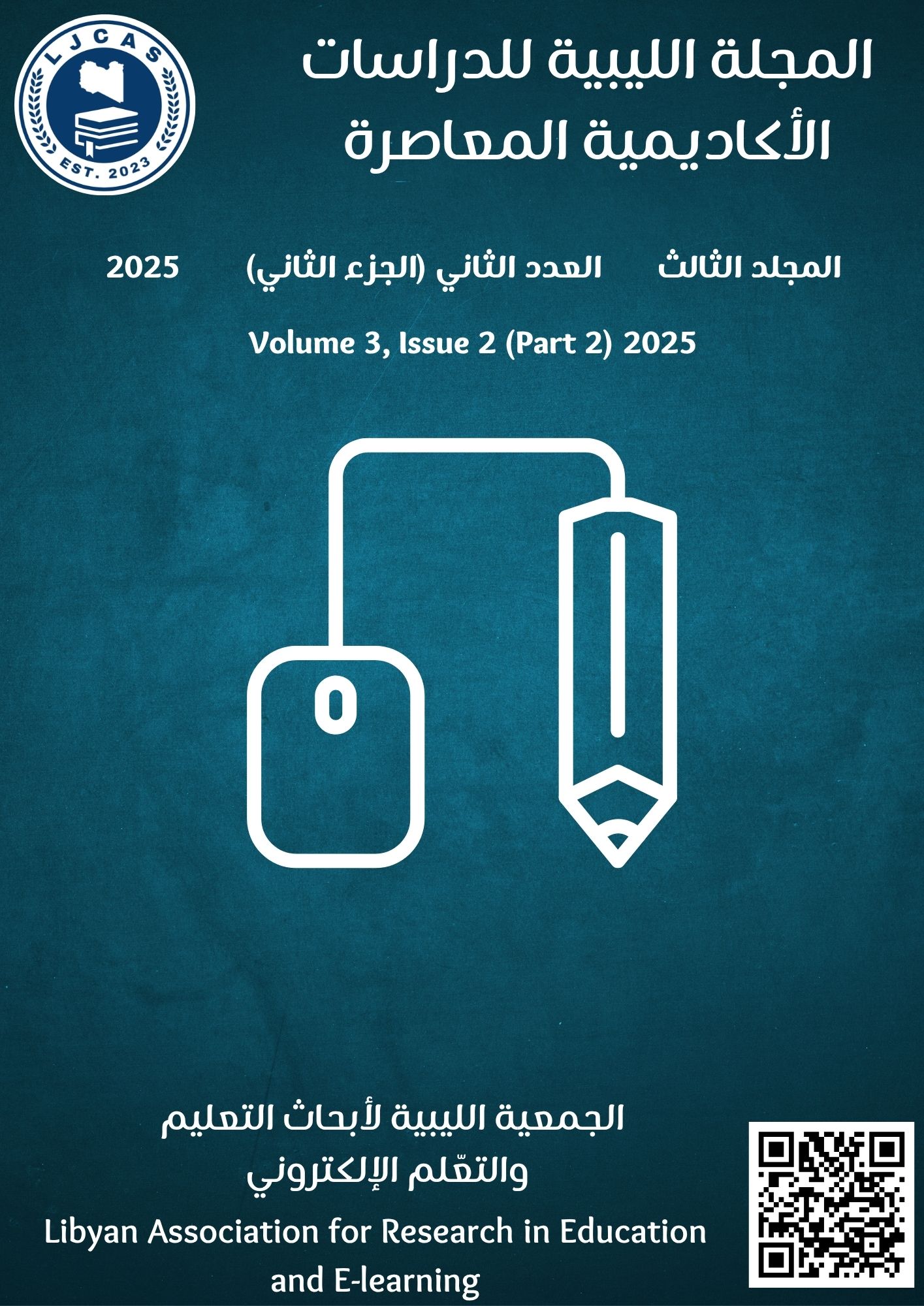The Geopolitical Shift from Diplomacy to Water Blackmail: A Case Study of the Nile Basin
DOI:
https://doi.org/10.65417/ljcas.v3i2.188Keywords:
Geopolitics, Water blackmail, Nile Basin, rand Ethiopian Renaissance Dam (GERD), Hydropolitics, Water security, International relations, Ethiopia, Egypt, DiplomacyAbstract
The water crisis in the Nile Basin stands as one of the most complex strategic challenges facing the riparian states, where water transforms from a mere natural resource into an existential issue touching the very core of national security for the concerned nations. This study emerged to analyze this dilemma through an analytical-synthetic methodology, combining the monitoring of historical transformations with the interpretation of geopolitical repercussions, while focusing on the crisis of the Ethiopian Renaissance Dam as a model for the shift in conflict dynamics.
The study proceeded by analyzing secondary data available in academic books, scientific theses, and peer-reviewed journals, with particular emphasis on the period spanning from 2011 to 2020 - the era that witnessed the most radical transformations in the nature of interactions among the basin states. The study revealed that the water conflict in the Nile Basin has transcended being merely a technical dispute over water quota distribution, evolving into a complex geopolitical issue where internal and external factors intertwine. On one hand, the legal framework governing water resource management suffers from erosion, with increasing demands to reconsider historical agreements. On the other hand, regional power balances are undergoing noticeable transformation in favor of upstream states, while international and regional powers intervene to further complicate the scene. In confronting these challenges, the study presents a set of recommendations, foremost among them being the development of a unified Arab strategy for managing the water file, enhancing regional cooperation in sustainable development projects, and establishing an early warning system for hydrological and climatic changes. The study also emphasizes the importance of activating international legal mechanisms and raising community awareness about the significance of the water issue. In conclusion, this study affirms that the optimal solution to this crisis lies not in the logic of conflict and confrontation, but in adopting a cooperative model based on the principle of mutual benefit, while developing effective institutional mechanisms capable of achieving sustainable management of the basin's resources. This approach ensures the rights of future generations and achieves stability and prosperity for all







